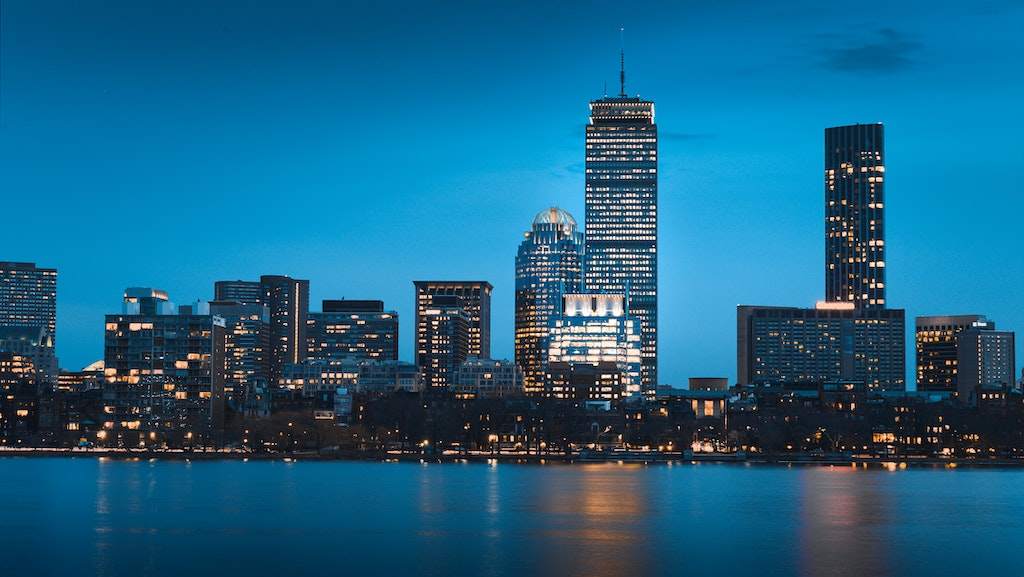Published
Mon, Mar 20, 2023, 13:00
- The OOZE's Kerry Quirk and Infra's Jose Zamora discuss their hopes for the role and its impact on their community.

On Monday, March 6th, Corean Reynolds began her term as Boston's newly appointed director of nightlife economy.
Working under Mayor Michelle Wu, Reynolds is tasked with establishing a new team within the Economic Opportunity and Inclusion Cabinet. Together, they'll work to recommend policies, programmes and other initiatives to address concerns regarding Boston's retention strategies, including nightlife.
Speaking to WBZ-TV, Reynolds said she "definitely wants people to stay up past ten. I hear a lot of people go to bed at 9:30. We want Boston to be a 24-hour city." (Resident Advisor approached Reynolds for comment, but received no reply.)
Kerry Quirk, booker for Cambridge clubs The Middle East and Sonia, and founder of underground party company The OOZE, is finding it hard to stay hopeful. She thinks Reynold's new role is just another way to help big businesses.
"My gut is telling me that this will be just another way to give Live Nation-backed clubs and venues the upper hand in Boston," she told Resident Advisor. "I'm trying to have faith in Reynolds, but we as musicians, DJs, event promoters and talent buyers are repeatedly shown that we're not wanted or welcome here by the powers that be."
Zamora, who founded popular local party Infra five years ago, has been promoting events in Boston since 2012. His goal has always been to champion underground dance music, as a response to Boston's top 40-leaning bottle service clubs.
"There's not a lot of venues that are providing underground music because of the rent," he told RA. "The rent is going up a lot. Gentrification made it really hard for small business owners to have legal events in the city."
Quirk agreed that gentrification has hindered the growth of Boston's nightlife. She fears that if the city continues to prioritise income over the arts, it could be detrimental.
"A lot of clubs closed down because the city chose to raise rent, which caused them to get sold to colleges for dorms, or just more cost-effective properties," she said. "I understand that this is the real world and people need to have a reliable source of income—which venues and clubs don't always provide, especially thanks to the pandemic—but before we know it, the city is just going to be apartments, Target stores and Chipotles. I think we need to act before it's too late."
With strict venue curfews ending at 2 AM and public transportation stopping at 1 AM, many believe Boston doesn't provide a system for partygoers to experience a safe and affordable way to experience the city's burgeoning nightlife.
"For every city that has strict rules for curfew, there's always going to be a response of an afterhours," said Zamora. "There's always going to be people doing it. "Maybe that's a taboo, but it's a thing the city should be more honest about."
According to Zamora, if resources were given to smaller promoters, venues and other local businesses to stay open later, Boston's nightlife scene could thrive.
"Boston is a city that has international [tourists], more than 100 colleges," he said. "We have a lot of young students and professionals that come to work in science in technology at MIT and Harvard. There's a big demand for this kind of music. I think this would help nightlife to be safer and a bit more vibrant."
Photo: Zixi Zhou